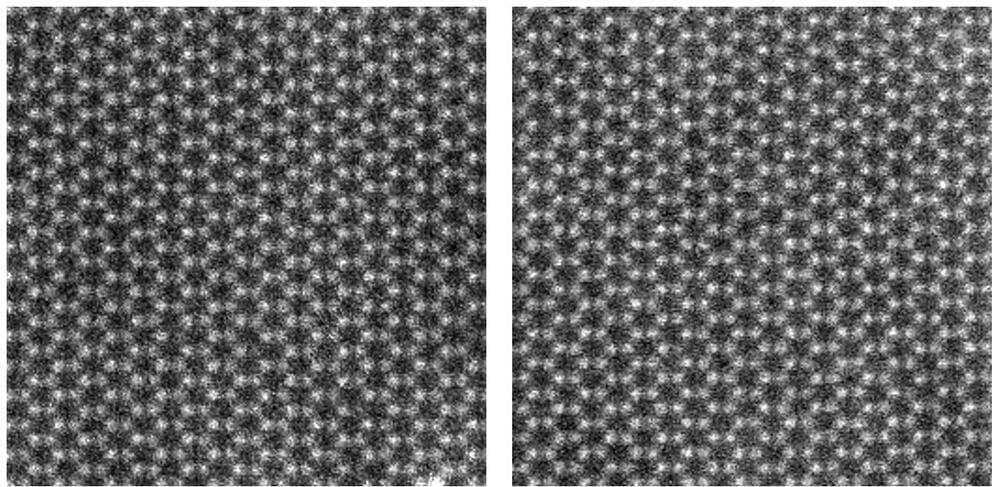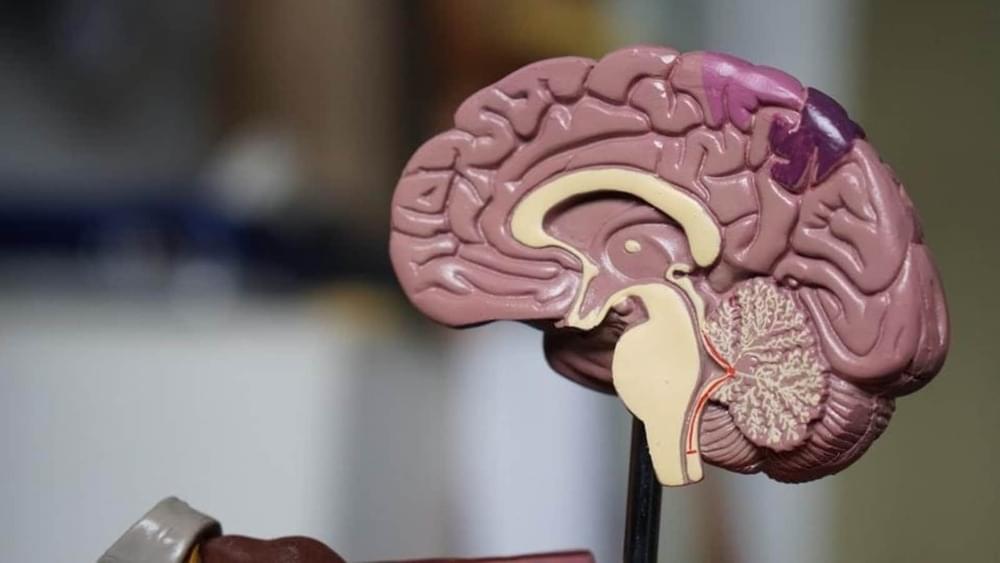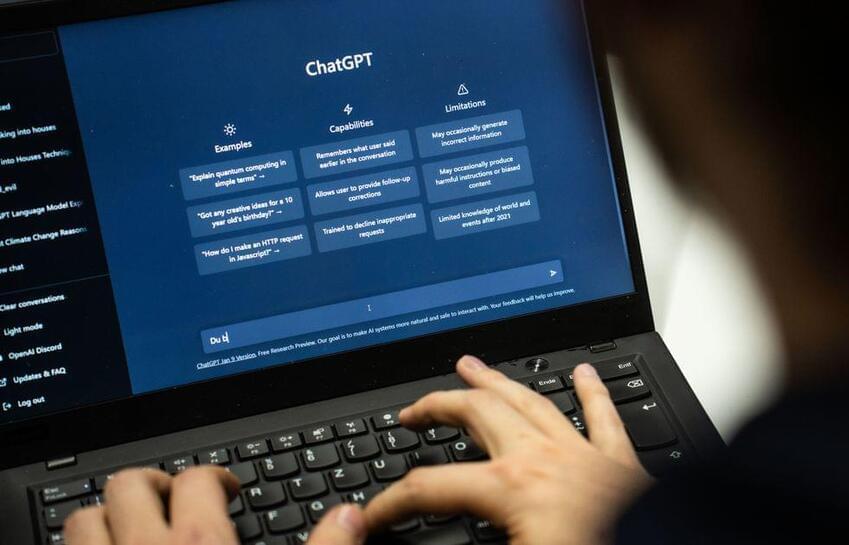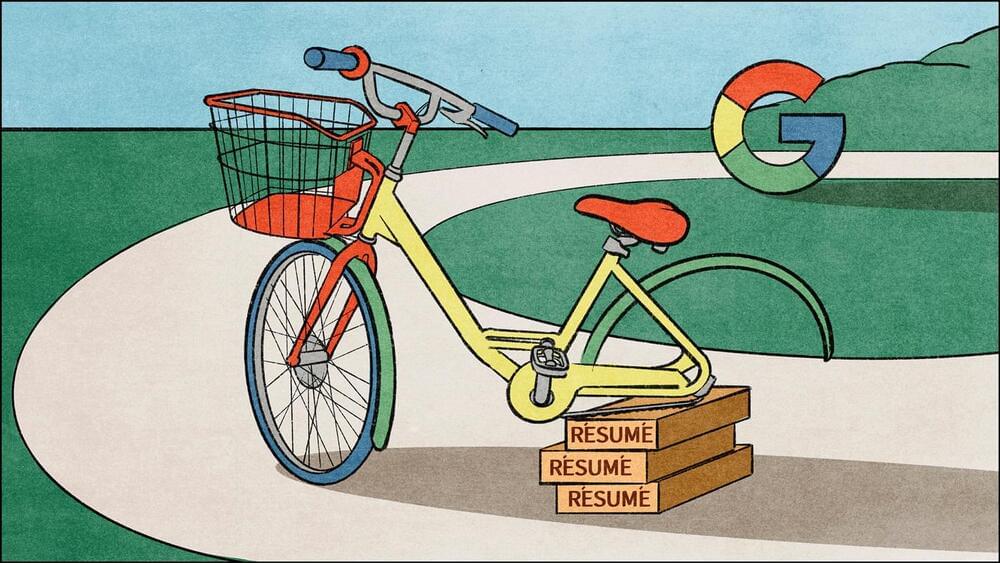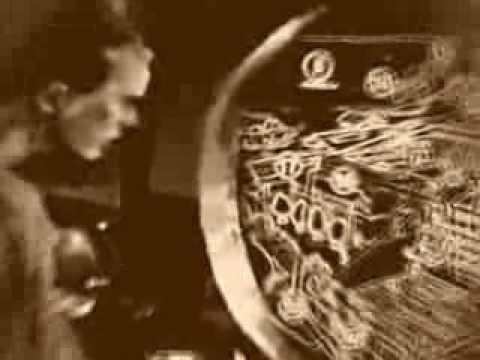
In it, he explores how we can make better, scientifically informed predictions about the world around us, using maths. “Mathematics can provide us with the objective tools to bypass the foibles of our own biology – the limitations imposed by our own thought processes, the compulsions that ultimately make us human, but let us down when it comes to making inferences about the world around us,” he writes. “They are humanity’s shortcuts: the preconceptions and cognitive biases, refined over millennia of evolution, that all too often lead us astray when we try to apply our brain’s old rules to our society’s new environments.”
No matter how tempting it is to think, “Ooh, that’s a bit spooky” when faced with a completely random coincidence or chance occurrence, we should all be expecting unusual things to happen all the time, he says.
Yates describes a person who, when browsing in a secondhand bookshop far from where they grew up, opens a copy of their favourite children’s book, only to find their own name inscribed inside. Yet, he says, “the law of truly large numbers” dictates that, just as someone wins the lottery almost every week, with enough opportunities, such extraordinary coincidences are far more likely to happen than you might think. “There are so many different types of coincidences that make us say: ‘Well, that’s extraordinary.’ But it’s not unlikely that some of them happen to us every so often.”

